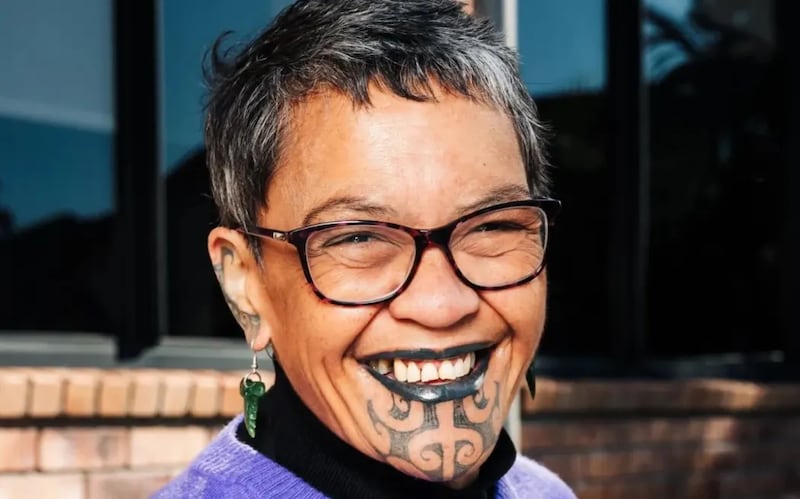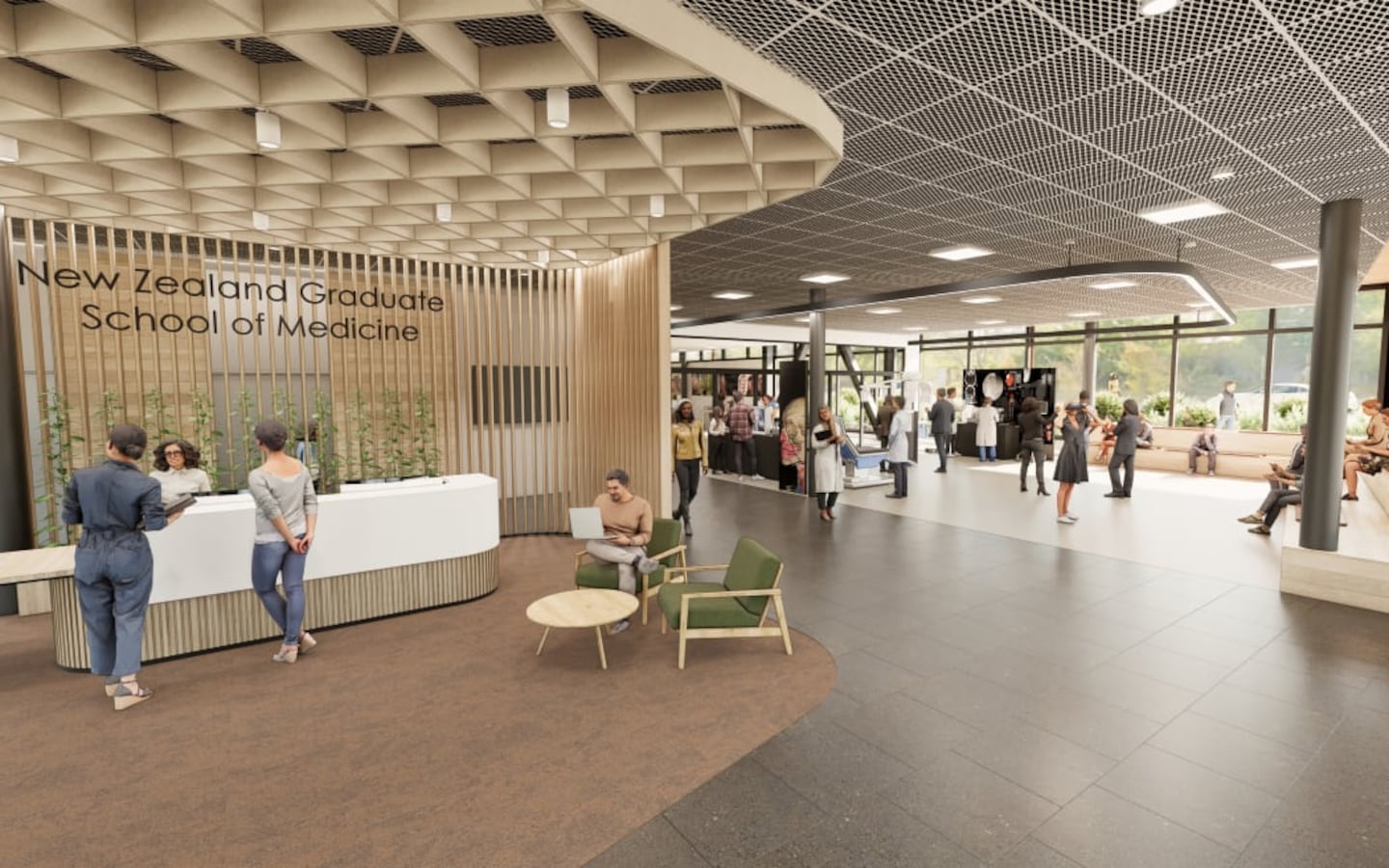This article was first published on RNZ.
A new medical school at the University of Waikato must deliver for Māori, says a Waikato-based Iwi Māori Partnership Board.
The government announced on Monday it had approved $82.85 million in government funding toward the school, with the university chipping in more than $150m.
The school would open in 2028, with an initial roll of 120 students.
Te Tiratū Iwi Māori Partnership Board (IMPB) represents 114,000 whānau Māori in the wider Waikato region.
The 15 IMPBs were established in 2022 initially to support the Māori Health Authority and to advocate for whānau and communities in their regions. When the authority was disestablished they picked up some of its responsibility.
Te Tiratū co-chair Tipa Mahuta said the investment in the medical school marks a significant opportunity to address long-standing health inequities and workforce shortages in the region - especially for rural, Māori and underserved communities.

But she said this can only be realised if Māori health workforce development, cultural safety, and equity are embedded as foundational pillars in the new medical school’s design, training model, and governance.
“Whānau across Waikato have told us time and again: they want to see more Māori health professionals-people who understand our values, our lived experiences, and our ways of being as Māori.
“Cultural safety is not a nice-to-have. It is essential to clinical excellence, trust, and good health outcomes. If patients don’t feel safe, they disengage-and that can cost lives.”

Te Tiratū urged the government, Te Whatu Ora Health New Zealand, Hauora Māori Directorate and the University of Waikato to work closely with iwi, hapū and community partners to shape a graduate school that delivers on its promise - not only to grow the GP workforce of clinical placements across the country, but to heal a system given Māori die on average at least seven years before non-Māori.
“We cannot miss this moment. A third medical school must reflect a third way-a culturally grounded, equity-driven, future-facing model of training that serves all New Zealanders, starting with those most underserved,” co-chair Hagen Tautari said.
Te Tiratū was ready to partner and contribute to the new ‘Division of Health’ health precinct opening on the University of Waikato Te Whare Wānanga o Waikato campus, he said.
By Te Manu Korihi of RNZ.



